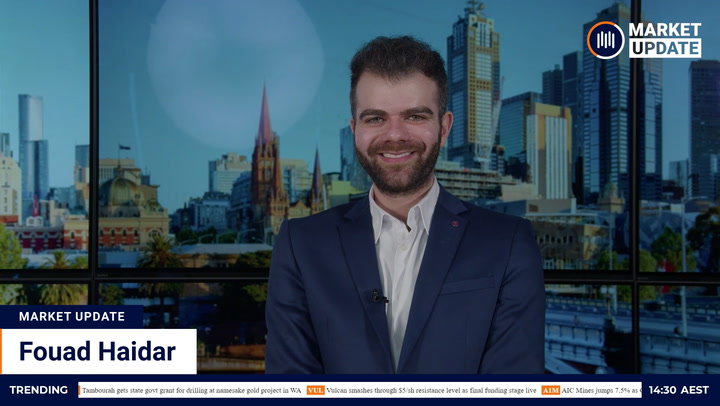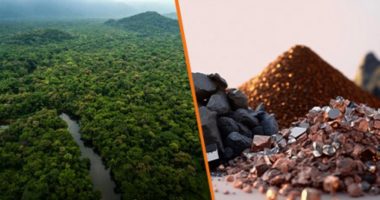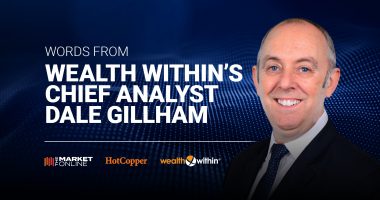The Chairman of failed ASX-lister Smiles Inclusive, David Usasz, attended the Victorian Federal Court this morning as the company faces a civil grilling over its mid-2021 liquidation.
A dentist, Dr John Camaco, and his colleague were granted authorisation by ASIC to conduct a public examination of Smiles, a legal first in Australia, with only ASIC or licensed liquidators being allowed to carry out such proceedings in the past.
Smiles had 50 dental practices under its umbrella while it was listed on the Australian Securities Exchange but is facing allegations of corporate mismanagement and, most detrimentally to those involved, trading while insolvent.
“I’ll take the advantage of saying privilege every time I remember,” Mr Usasz said when asked how he first became involved in Smiles Inclusive. The former chairman outlined his relationship with a second individual, Mike Timoney – the CEO of Smiles Inclusive.
The claimants’ lawyer then turned her attention to an EGM (extraordinary general meeting) in 2019 which regarded the composition of the Board.
“I have never been involved in one of those meetings before,” Mr Usasz said.
The claimants’ lawyer then brought up an e-mail exchange involving Mr Usasz who typed out a characterisation of the events one week after the EGM.
In that email, Mr Usasz confirmed meeting with a major shareholder, Henry Chen, during a lunch when Mr Chen brought a personal laptop and purchased a large number of shares in Smiles Inclusive “in front of” Mr Usasz. An email from Mr Chen would later be introduced by counsel, where Mr Chen stated that his entity, Chen Holdings, did not make any electronic votes.
Before this, Mr Usasz had asserted he had not actually seen the screen. The claimants’ legal team then suggested this was odd. Mr Usasz only replied that Mr Chen was a dentist who sold the company lots of practices.
“I’ve had some serious health issues in the last three months, and have basically been on a number of drugs throughout the hospital and my memory is not perfect,” Mr Usasz stated.
He continued that he was on two sets of drugs at the present time but did not clarify which ones.
“My full-time memory is struggling,” he added, but noted his capacity to sit through trial.
Further questioned on meetings and correspondence with Mr. Chen, he stated he “was not sure if [Chen] was telling the truth or not.” He then stated there were four different Henry Chens, claiming four different individuals with Chinese names all took the first name Henry.
“I only spoke with one Henry … the fella had lived in New Zealand and moved to Australia. I didn’t meet the others,” Mr Usasz said.
Counsel then brought Usasz’s attention to a contemporaneous ASX announcement, claiming that the story Mr Usasz was telling the court was different from that released to investors.
Mr Usasz affirmed for the fourth time during the hearing that he had never been involved in the trading of any shares apart from his own, regardless of incongruities between the dates of meetings mentioned in emails and those released to the ASX.
He also spoke to distance himself from all proxy voting activities, around which counsel’s opening raft of questions closely orbited, focusing on further emails from Smiles CEO Mr Timoney to Henry Chen regarding capital raises and voting intentions – presumably the right Mr Chen.
Mr Usasz distanced himself from that correspondence and any recollection of it.
This back-and-forth flow was very much the dominant style of the hearing. When repeatedly asked questions about technicalities surrounding voting decisions, and who in management knew of those decisions at what time, and whether or not the ASX was accurately informed, Mr Usasz deferred to being unable to recollect events – worth noting, now nearly half a decade ago.
Smiles Inclusive was listed on the Aussie bourse in 2018 after a $35 million IPO. While Smiles Inclusive listed at $1 per share, the company’s share price was under 40 cents by November 2018, the same year it listed.
Trouble was brewing for the company from the moment it listed. One dental business advisor with Synstrat Group at the time publicly voiced his suspicions on Smiles’ IPO prospectus, ultimately finding its financial guidance overambitious, to say the least.
The specialised nature of the dental industry, which escapes the frameworks that regulate Australia’s broader world-class low-cost healthcare sector, is why ASIC has allowed two dentists to lead the public examination.
Smiles Inclusive’s largest and most-known brand under its structure was Totally Smiles. Within two years, Deloitte was appointed as an administrator, and early-stage JV partners were raising the red flag looking for their money back.
Smiles Inclusive’s dire position was most obviously laid out when it ran into trouble trying to pay back its loans to National Australia Bank (NAB).
In April of 2018, Smiles also bought out a mobile dental service for $7 million, before terminating that contract and seizing the vans the business relied on six months later.
That purchase might not have been a wise one – the company was once fined for conducting X-rays on children without a license.
The owner of Smiles on Site, the remote dental business, also tasked Smiles Inclusive with the economic loss of employees who were fired out of the blue.
The hearing will run for 8 days and is set to continue through this week. Taking the stage tomorrow are two of Smiles’ CFOs, Mr Paul Innes and Ms Emma Corcoran.








